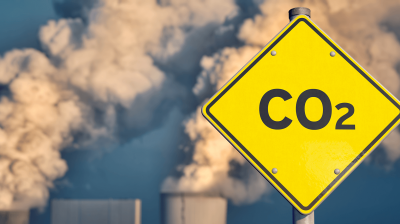The Dutch position on the EU’s Carbon Border Adjustment Mechanism
The European Parliament and Council are in the final stages of negotiating the so-called Carbon Border Adjustment Mechanism (CBAM), a charge on carbon-intensive imports aimed at preventing carbon leakage. CBAM, is likely to have a considerable impact on the Netherlands. It is a large trading nation, and a large proportion of products on the CBAM’s list enter north-western Europe through the port of Rotterdam.
While the Netherlands has traditionally been a staunch supporter of free trade, it has become more conducive to industrial policy, ‘open strategic autonomy’ and other policies that aim to protect European industry from unfair competition. CBAM will use the EU’s market power to pursue its green objectives, and at first glance fits nicely into the shifting preference of the Netherlands for a trade policy in balance with climate and competitiveness considerations.
This Clingendael Alert reviews the Dutch position on CBAM to a greater extent, including contentious issues such as the sectors to be covered and the collection and use of revenues. It concludes that the Netherlands is likely to continue to be positively curious, but its position on CBAM might yet change if pressured by industry sectors considered to be strategically important or by international partners threatening retaliation if they are not exempted from CBAM. The Dutch government seems opposed to CBAM exceptions for friendly countries, but there is no firm position on this issue. Going forward, the Dutch political debate on CBAM may very well still be in its infancy rather than its conclusion.
Download the Clingendael Alert on the Dutch position on CBAM.
Follow @LouiseVanSchaik, @giulia_cretti and @Clingendaelorg on Twitter.






